
Taking care for your horse is a job for the whole year, but in winter you should pay attention to some specific things that are very important if you like your animal to be healthy and happy as well. See these advices step by step, as you are learning the tips for the horse games, for example.
In winter your horse could become too excitable. To settle this, look into his diet, you are probably feeding him too much or you use feeds too high in cereal starch. Diets which are low in starch and high in fibre and oil can provide more slow-release energy. Cut down on your horse's feed from the evening before a day off to the evening after, particularly if his diet is cereal-based. This will reduce the risk of tying-up. Another important thing is to feed him for the work done, not the work you are going to do.
To reduce the risk of digestive upsets, avoid abruptly changes to your horse's diet. Don't feed the horse too much, it is natural to drop weight in the winter and put on condition in the spring, but in any case, use a conditioning feed if the horse is to much prone to weight loss.
For senior horses, should be chosen a specialist veteran feed because they often provide additional nutritional support.
Except the food, there are also certain winter stable chores. Tack room should be kept reasonably warm, it could start growing mould if it gets really cold and damp. Equipment, reins and stirrups should not drag on the floor, they should be tidy es possible, it is dangerous to left them lying about.
To dry out, the rugs should be hung on pegs or on a rug dryer. Assemble the belly straps and bring up the neck straps before you hang them. This way you will stop them flying around and hitting you when you throw the rugs up to dry or pull them down for use.
You could use a fork to test if your horse's bed is deep enough. You should stab it at the floor hard and if you hear it hitting the concrete, it's not thick enough.
It's good to put a coating of Vaseline on the legs of the horse before turning him out. The preparation is pretty cheap but it creates a barrier against the wet creates and will help protect him from mud fever. If the horse covers his face in mud, you could use baby wipes to clean the delicate areas around the eyes and nose. These are the areas that you can't brush.
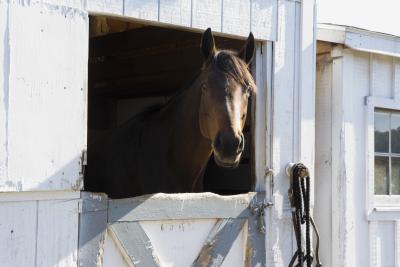 Ideas for Nice Horse Stalls
Ideas for Nice Horse Stalls
Ideas for
Ideas for Nice Horse Stalls
Ideas for Nice Horse Stalls
Ideas for
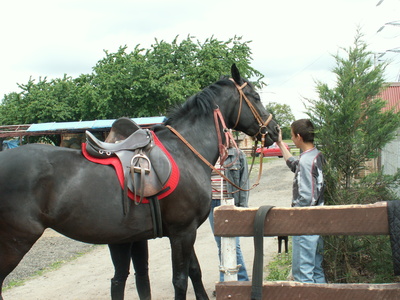 What Are Some Things You Can Do to Show Your Horse That You Are the Boss?
What Are Some Things You Can Do to Show Your H
What Are Some Things You Can Do to Show Your Horse That You Are the Boss?
What Are Some Things You Can Do to Show Your H
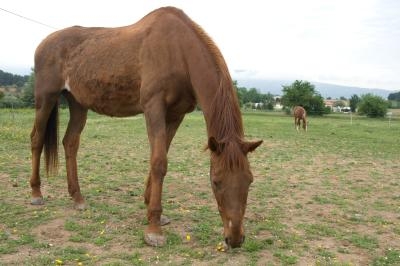 How to Fatten an Underweight Horse Safely
How to Fatten an Underweight Horse Safely
How to Fatten an Underweight Horse Safely
How to Fatten an Underweight Horse Safely
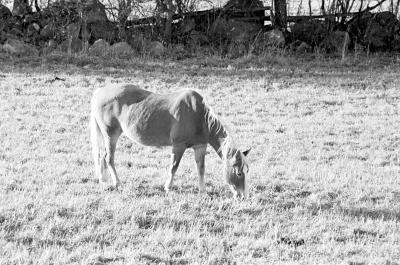 How to Safely Put Weight on a Horse
How to Safely Put Weight on a Horse
Ho
How to Safely Put Weight on a Horse
How to Safely Put Weight on a Horse
Ho
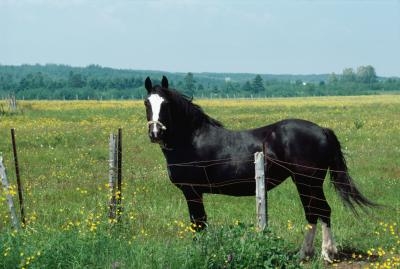 How to Fatten Up a Horse Fast
How to Fatten Up a Horse Fast
How to F
How to Fatten Up a Horse Fast
How to Fatten Up a Horse Fast
How to F
Copyright © 2005-2016 Pet Information All Rights Reserved
Contact us: www162date@outlook.com